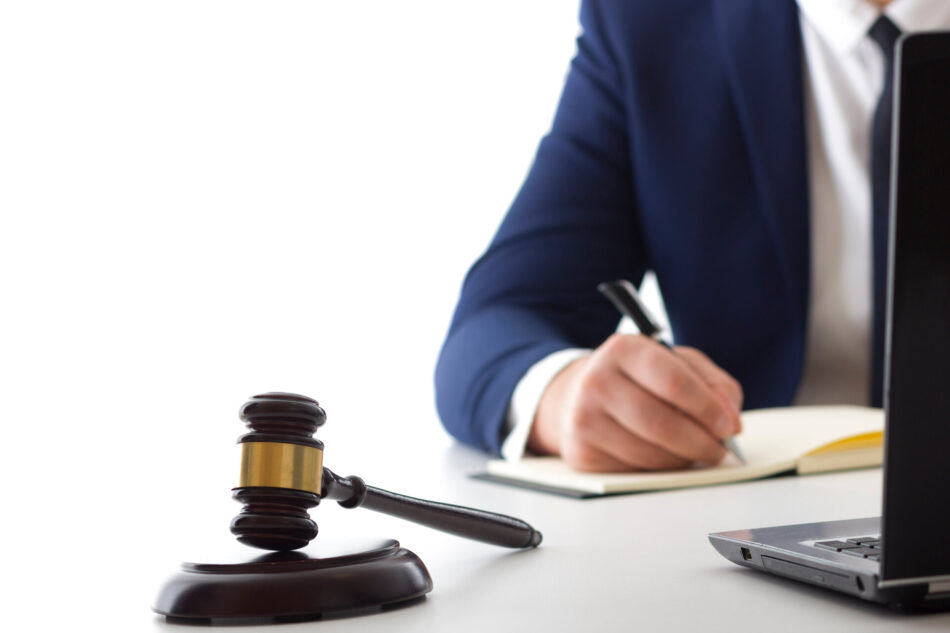Hearing loss can profoundly impact a person’s daily life and communication abilities. If you’re experiencing hearing loss in one ear, you might be wondering: Is hearing loss in one ear considered a disability? This blog will break down what it means to have hearing loss, how disability is defined legally, and what support options are available—especially through organizations like RIE Law in Jacksonville, Florida.
What Is Hearing Loss?
Hearing loss occurs when someone has reduced ability to hear sounds and understand speech. It can affect one ear (unilateral hearing loss) or both ears, and the severity can range from mild to profound. Causes vary widely, including aging, exposure to loud noise, genetics, injury, or illness. Hearing loss can make everyday activities—like talking in noisy places or participating in social events—much harder.
Defining Disability: What Does It Mean?
Disability is a broad and complex concept. Generally, it refers to a condition that significantly limits a person’s ability to perform essential life activities such as hearing, seeing, working, or communicating.
According to the Americans with Disabilities Act (ADA), a disability is any physical or mental condition that substantially restricts one or more major life activities. However, simply having a condition like hearing loss doesn’t automatically mean someone is considered disabled. The impact on daily life and participation is the key factor.
The ADA also protects people who have had disabilities in the past or who are perceived as disabled, ensuring they are not discriminated against unfairly.
Hearing Loss in One Ear: Is It a Disability?
Whether hearing loss in one ear counts as a disability depends on how much it affects an individual’s daily life. While mild unilateral hearing loss may not meet the ADA’s disability criteria, more severe cases can significantly impair communication, education, or work performance.
For some, hearing loss in one ear causes challenges like difficulty locating sounds, understanding speech in noisy environments, or engaging in conversations—potentially limiting social and professional opportunities.
In such cases, accommodations such as seating adjustments, hearing devices, captioning services, or communication support can help level the playing field.
Legal Protection and Support: How RIE Law Can Help
If you’re struggling with hearing loss, knowing your rights is essential. The ADA requires employers, schools, and public spaces to provide reasonable accommodations for people with disabilities, including hearing impairments.
RIE Law, based in Jacksonville, Florida, specializes in disability rights and can assist individuals with hearing loss in understanding their legal protections and securing necessary accommodations. Whether it’s navigating workplace adjustments or advocating for educational support, RIE Law offers valuable guidance tailored to your unique needs.
Finding Resources and Managing Hearing Loss
Beyond legal help, people with hearing loss should seek support from audiologists, healthcare professionals, and disability advocates. Technologies such as hearing aids, cochlear implants, and assistive listening devices can improve communication, while programs teaching lip reading or auditory training offer additional coping strategies.
Conclusion
Hearing loss in one ear can significantly affect life quality and participation, but it doesn’t always qualify as a disability under the law. Still, individuals facing these challenges should be aware of their rights and the accommodations available to them.
Organizations like RIE Law in Jacksonville, Florida, play a crucial role in helping people with hearing loss understand and advocate for their rights. By accessing legal support and appropriate resources, those affected by hearing loss can confidently manage their condition and maintain an active, fulfilling life.









